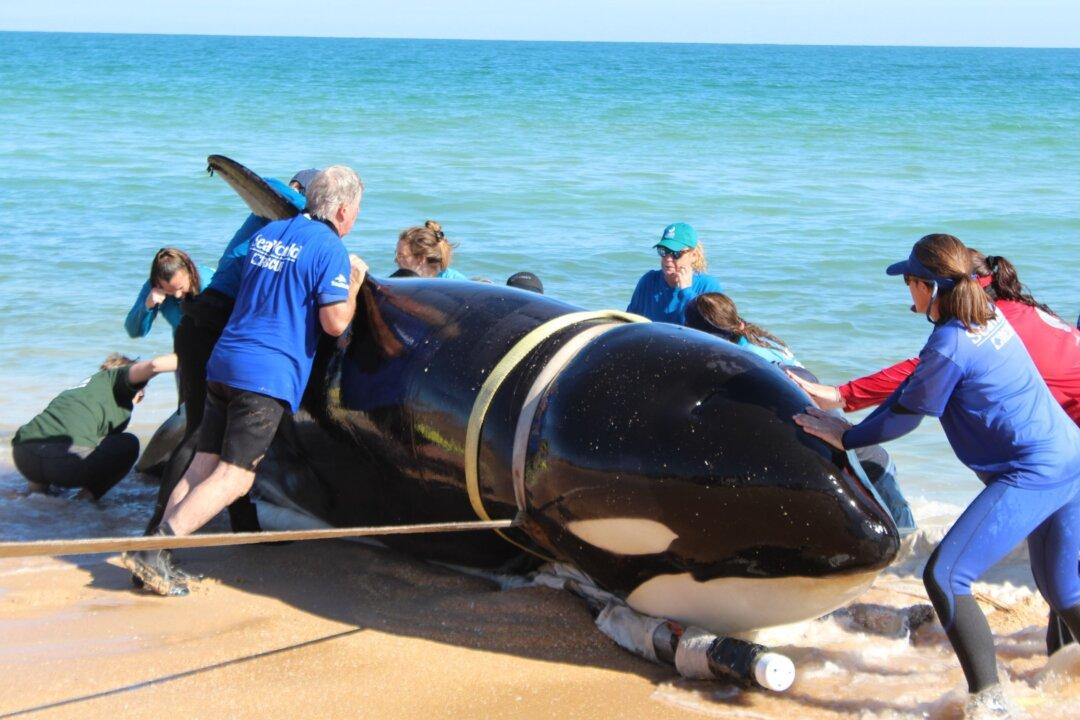Rep Jeff Van Drew (R-N.J.) is demanding an end to offshore wind activity in New Jersey after an “unprecedented” number of whales washed ashore in the area over the past month, and despite such projects being pushed forward by President Biden and NJ Governor Phil Murphy.
Offshore wind projects (turbines placed in the ocean that use wind to generate electricity) should be stopped until research reveals the impacts these projects will have on the environment and the fishing industry, said Van Drew, according to a Jan. 13 press release. “Ocean life is being put at risk as our Governor and President force through their Green New Deal policies, without giving full consideration to their real-world impacts,” he stated.





